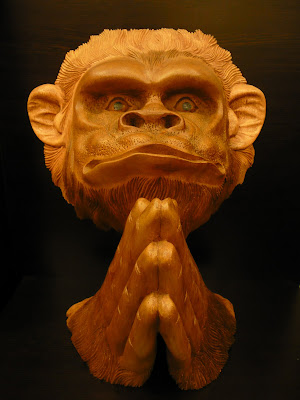.
金生丽水, 玉出崑冈。
jīn shēng lì shuǐ, yù chū kūn gāng。

金 (Gold) 生 (exist) 丽水 (River Li),
Gold was found in 丽水 lì shuǐ, the ancient name for Lijiang 丽江 lìjiāng prefecture in Yunnan province, China. It more specifically refer to Jingsha River 金沙江 jīnshājiāng or River of Golden Sand. The existence of gold was important as it was used as a basic commodity for trading in ancient China.

http://kunlunacupuncture.com/kunlun.aspx
玉 (jade) 出 (appear) 崑 (Kunlun) 冈 (ridge)。
Jade was found in the Kunlun mountain 昆仑山 Kūnlún Shān which is on the southern border of Xinjiang Uygur Autonomous Region. The Kunlun mountain was famous for their high quality jade. Jade is considered to be even more valuable that gold as an ancient Chinese proverb said "You can put a price on gold, but jade is priceless.".
According to legend, jade is said to be created during a storm hence it is also called "Stone of Heaven". Jade symbolize virtue and Confucius was reputed to have said "Men of olden days regarded it as a symbol of the virtues. Its gentle, smooth, glossy appearance suggests charity of heart; its fine close texture and hardness suggests wisdom; it is firm and yet does not wound, suggesting duty to one's neighbor; it hangs down as though sinking, suggesting ceremony; struck, it gives a clear note, long drawn out, dying gradually away and suggesting music; its flaws do not hide its excellences, nor do its excellences hide its flaws, suggesting loyalty; it gains our confidence, suggesting truth; its spirituality is like the bright rainbow, suggesting the heavens above; its energy is manifested in hill and stream, suggesting the earth below; as articles of regalia it suggests the exemplification of that than which there is nothing in the world of equal value, and thereby is Tao itself."
.

















